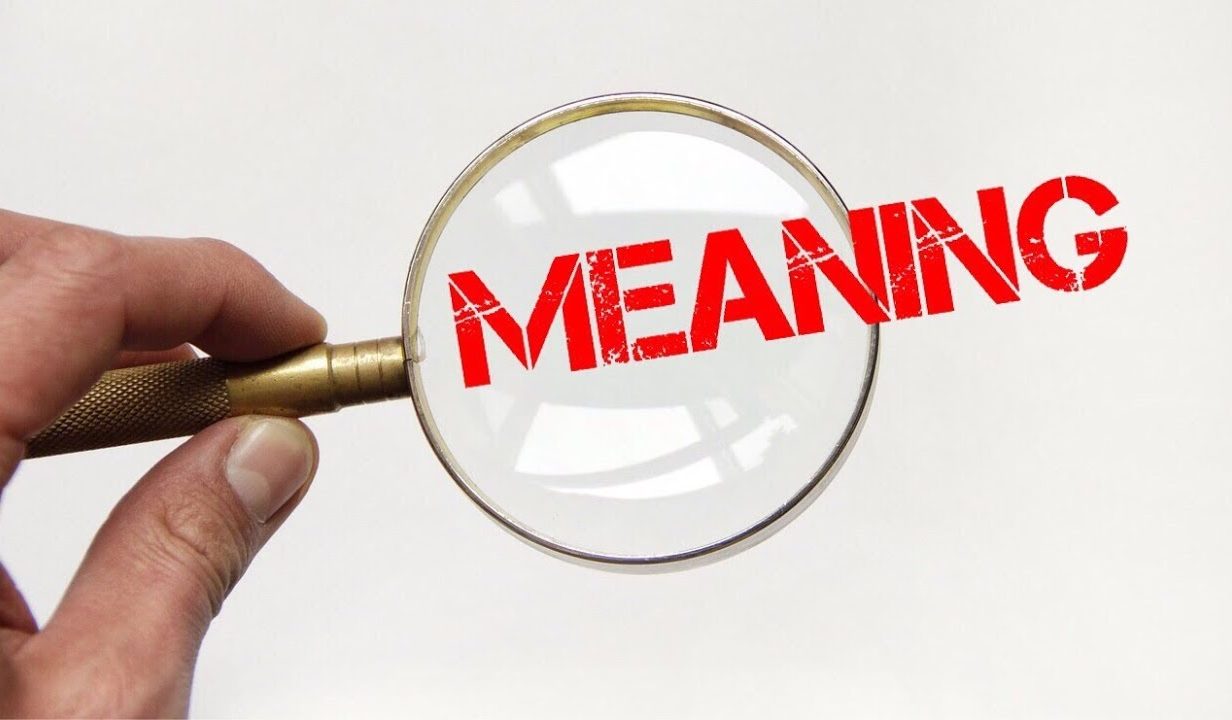How Does God Work in the World?

The Bible teaches that, having created the universe, God continues to be at work in it. He does not abandon it or leave it to operate on its own; rather, he continues to be intimately and actively involved. This is generally known as the doctrine of divine providence, which, more specifically, is regularly described by means of three related ideas.
Dimensions of Divine Providence
First, God sovereignly rules and controls his creation (Psalm 47; Daniel 4:17): the doctrine of divine governance or guidance (also referred to as God’s sovereign will or sovereign decrees). God had a plan for his creation even before he had created anything, and everything he does is for the purpose of working out that plan (Acts 2:23; 4:28; Ephesians 1:4, 11).
His highest purpose in every act is to glorify himself (Isaiah 48:11; Ephesians 1:6, 12, 14). As supremely sovereign and omnipotent, what he has determined to accomplish, he will accomplish (Job 42:2; Isaiah 14:24–27; 46:10–11; Romans 8:28) as he guides his creation and history to fulfill his designs.
Second, God preserves in existence what he has called into existence (Acts 17:28; Colossians 1:17; Hebrews 1:3): the doctrine of preservation. The implication is that if God did not do this, what he had created would simply cease to exist (Job 34:14–15). Not only did God create everything through his unequalled power, he also sustains everything through that same power.
Third, God works through his creation in order to carry out his plans: the doctrine of concurrence (meaning that God works in harmony, cooperation, or agreement with creation). For example, he controls weather, and through it, he provides rain that then nourishes vegetation, animals, and people (Psalm 135:7; 104:14; 147:8–18; Matthew 5:45). He also works through people and events in history (Daniel 2:21; Jonah 1:15; 2:3; Acts 4:27–28; 17:26).
Up to this point, all evangelical theologians would agree. However, answers differ to questions such as these: How does God govern the world? To what extent does he control people and the events of history?
Two classical theological systems need to be introduced at this point: Calvinism and Arminianism. These agree in most areas but disagree on a few very significant matters, namely, providence and predestination (which is really a subcategory of providence; back to this in chapter 27).
Briefly stated, Calvinists believe that God meticulously controls his creation down to the details. Arminians believe that God controls in a more general way that allows for genuine human free will. Lately, this issue has been thought of in terms of “divine risk.”
Calvinism maintains no risk; God accomplishes his will perfectly and completely. Arminianism holds that God takes a risk in the sense that he allows humans to act contrary to his will, such that his will may not be perfectly accomplished. By the way, the ideas behind both belief systems were around long before the theologians they are named after.
Calvinism on Sovereignty and Free Will
Calvinism, named after the French Protestant reformer John Calvin (1509–1564), follows in the tradition of Augustine in emphasizing God’s sovereignty and therefore his complete control over all things. Calvinists affirm that humans make genuine free choices but in a way that is compatible with God’s total sovereignty. (This is the compatibilism view of human free will.) True divine sovereignty and true human freedom are not mutually exclusive, hard as this may be to understand (which Calvinists acknowledge). They are both biblical concepts, so they must be compatible.
This view centers on the scriptural portrait of God as all-powerful, reigning over everything, doing “whatever pleases him” (Psalm 135:6). Paul says he “works out everything in conformity with the purpose of his will” (Ephesians 1:11). Calvinists emphasize that everything means “everything.” Thus God, who is holy and is never responsible for evil, nevertheless is in control of “accidents” (e.g., see Job 1:21; 42:11), “catastrophes” (e.g., see Isaiah 45:7; Amos 3:6), and “coincidences” (e.g., see Proverbs 16:3), even controlling and working through evil and sin for his purposes (Genesis 50:20; Exodus 4:21; 7:3; 9:12; Romans 9:17 and other texts on the hardening of Pharaoh’s heart; 1 Samuel 16:14; Proverbs 16:4; Isaiah 45:7; Amos 3:6).
God also determines and is in control of those who will believe in Jesus for salvation and those who will not (Romans 8:29–30; Ephesians 1:5, 11). (Again, more on predestination in chapter 27.) God is sovereign over human choices and actions (Proverbs 16:9; 21:1; John 6:44; Acts 4:27–28; 13:48).

Arminianism on Sovereignty and Free Will
Arminianism, named after another Protestant theologian, Jacob Arminius (1560–1609), came about as a reaction to the Calvinist emphasis on God’s meticulous sovereignty. It affirms that God is totally sovereign and could control absolutely everything, but, due to his love, he willingly limits his control to guarantee that humans are free to make choices apart from divine determination, including even the choice to hate God and disobey him. (This view of free will is called libertarianism, i.e., humans are always free to make decisions apart from outside coercion.)
So God does not control meticulously but rather generally. He will accomplish his intent in a way that does not violate the free will he lovingly gave to the humans he created. Arminians believe that the Calvinist view of God’s sovereignty necessarily violates—is incompatible with—genuine human free will; these cannot both be true. If God determined human choices, he could not hold people accountable for those decisions and judge them accordingly.
In this regard, Arminianism emphasizes the many biblical commands to trust (Psalm 115:9–11; Proverbs 3:5; Isaiah 26:4), love (Deuteronomy 6:5; Matthew 22:37), and obey God (Deuteronomy 6:24–25; 9:23; John 14:15, 21, 23), along with plentiful warnings of judgment for those who do not (Leviticus 26:14–39; 2 Thessalonians 1:8). It seems impossible to reconcile this with God’s controlling human choices and actions. How can he hold people responsible for decisions he predetermined? Rather, these commands and others all seem to assume individual freedom to obey or disobey God.
Closely connected to this is the idea that if God really does love people, he must give them the authentic choice of loving him in return. How could sovereignly determining human “love” be satisfying to him? That would be like programming a computer to continually print out flattering things about you. Big deal!
Arminians believe that the Calvinist understanding of providence actually makes God the author or cause of sin and evil, which, obviously, would violate the Bible’s teaching regarding his holiness. (As mentioned above, Calvinists disagree that their view necessitates this.)
If God is truly holy, he cannot be responsible for sin in any sense, certainly not causing or using it (Job 34:10; Habakkuk 1:13; 1 John 1:5). Arminian theology stresses that evil and sin find their source in humans and angels who have freely chosen to rebel against God. He allows sin, but he does not cause or use sin.
Both Calvinists and Arminians acknowledge that these matters are challenging to comprehend. Nevertheless, they are scripturally relevant, so crucial to understanding God and life that we need to ponder them deeply—and certainly not avoid them.
COMFORTING FACT
Despite these difficult issues, the doctrine of God’s providence ought to give us a sense of peace and trust in him as we experience life, particularly times of suffering and trouble. Nothing happens to us apart from what God controls, in some sense, and also uses for our good (Roman 8:28).
Aaron, D. (2012) Understanding Theology in 15 Minutes a Day. Minneapolis, MN: Bethany House Publishers, pp. 65–69.



